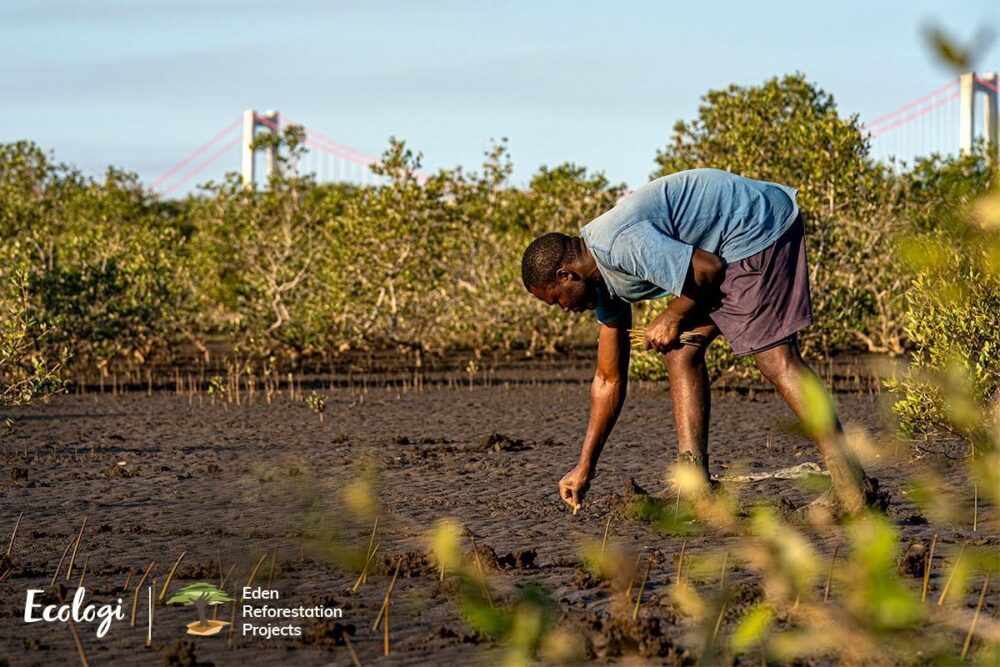Written by Tomas Edwards, Head of Marketing, Daloop
Clean Air Day is the UK’s largest campaign on air pollution. Since its founding in 2017, the campaign has been educating the public on the dangers of air pollution, which causes up to 36,000 UK deaths per year. Perhaps most importantly, though, Clean Air Day encourages the UK public to consider the decisions that impact their own toxic emissions and make large or small, meaningful changes for the health of their communities.
Of all the viable changes available to us, of which there are many, embracing more sustainable mobility alternatives is perhaps one of the most impactful. From daily commutes and summer getaways to e-commerce delivery and the transportation of goods, conventional transport carries huge consequences for our own, and others’, quality of life.
Understanding your impact
One of the resources on Global Action Plan’s website is the simple yet effective clean air calculator.
Asking a series of questions about a user’s commute, residential property and online shopping habits, the calculator offers a weekly pollution percentage, when compared to the national average.
Resources like this aren’t about placing blame, but rather, much like the calculator questions reveal, they highlight the ways in which the different choices we make can have substantial positive impacts on our planet and the health of our community.
But of course, individuals making emission-reducing changes aren’t looking to do so alone. Those consumers who are taking steps to improve air quality in their own lives want to see the organisations and businesses that they buy from do the same.
The businesses driving change
Much like Global Action Plan’s clean air calculator is designed to motivate individuals, ensuring businesses understand their impact is an essential first step in the move towards sustainable mobility. If you work with a fleet of corporate vehicles, why not try this fleet emissions calculator to understand the positive change you could deliver by investing in zero-emissions vehicles?
Business fleets, whether delivery vans, HGVs, or employee vehicles, travel millions of miles a year and pump inordinate amounts of tailpipe emissions into the air around us. Road transport alone accounts for around a quarter of the UK’s carbon emissions, and electric vehicles, or EVs, are largely seen as an essential part of decarbonising transport.
However, tailpipe emissions also have a big impact on the health of those closer to home, and Clean Air Day rightly calls on us to consider the other harmful pollutants generated by our day-to-day lifestyles. Nitrogen Oxides are produced when fuel is combusted in the presence of air, alongside other hydrocarbons, and tiny particles like brake dust can be fatal to those with existing lung and heart problems.
For children living with air pollution, the toxic particles have been shown to stunt growth and brain development and cause long-term lung damage and asthma. A study in 2021 found that 27% of UK schools are in areas above the World Health Organisation’s air pollution limits, and this affects around 3.4 million schoolchildren. Therefore, the problem is on our doorstep.
How can electric fleets help?
Transitioning to electric vehicles (EVs) reduces many kinds of air pollution. Without tailpipe emissions, these vehicles not only contribute to decarbonisation efforts, but they also run without emitting NOx, a particularly aggressive pollutant that damages airways and internal organs.
Combustion cars also generate brake dust, a toxic air pollutant that makes up 20% of traffic-related particles. By replacing the conventional disc braking design of combustion vehicles with regenerative electric braking, EVs eliminate brake dust alongside all other tailpipe emissions.
By transitioning to electric fleets, businesses have the power to improve air quality for their own employees and the wider population, and to even encourage positive change across whole industries. Initiatives like the Clean Van Commitment draw attention to the importance of fleet electrification, challenging signatories to embrace zero tailpipe emission vans by 2028.
Although air pollution may not be something everyone contributes to equally, it is something that everyone can play a role in reducing. As some of the largest contributors to road transport emissions, businesses and organisations alike should be aware of the power that their mobility choices have over the health and air quality of the areas they operate in.
Days like Clean Air Day are an opportunity to reflect on these choices and to take pride in the changes, however large or small, we make every day. For organisations with large fleets, these changes can carry huge net-positives, ensuring the health and morale of workers and nearby residents, the faith of consumers, and contributing to the national movement to boost air quality.
What can you do on Clean Air Day to help make a difference?
